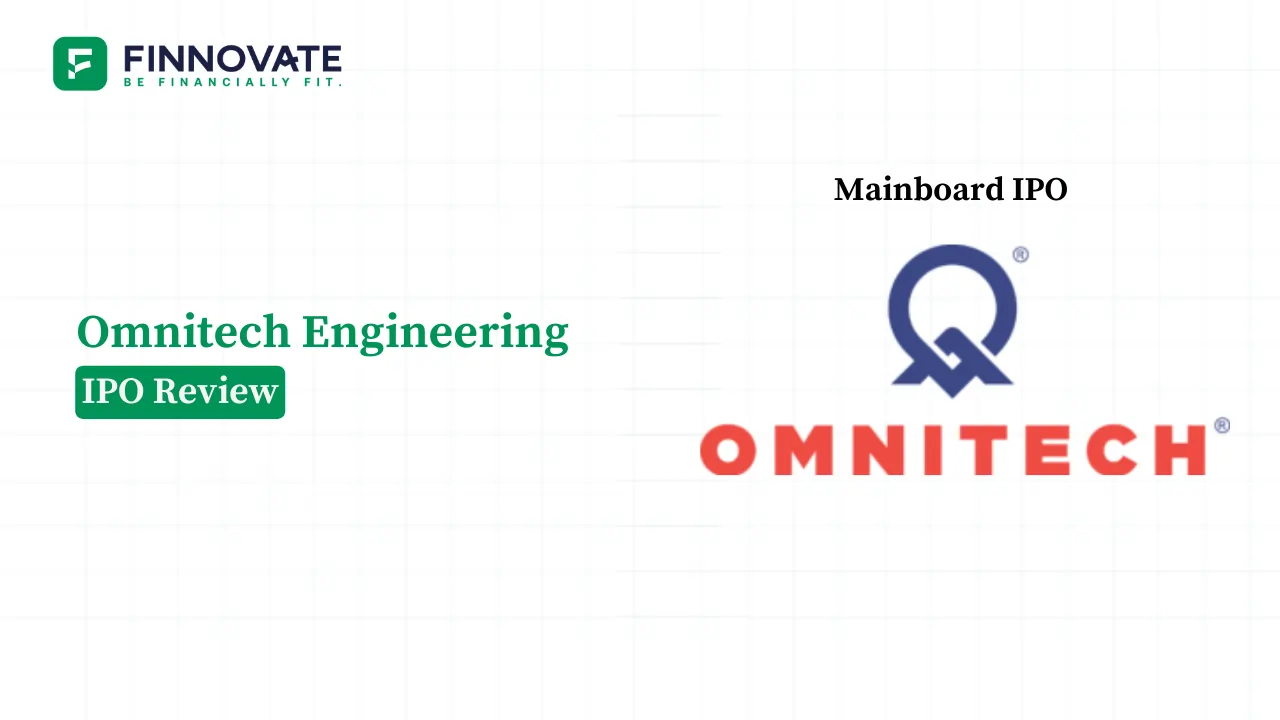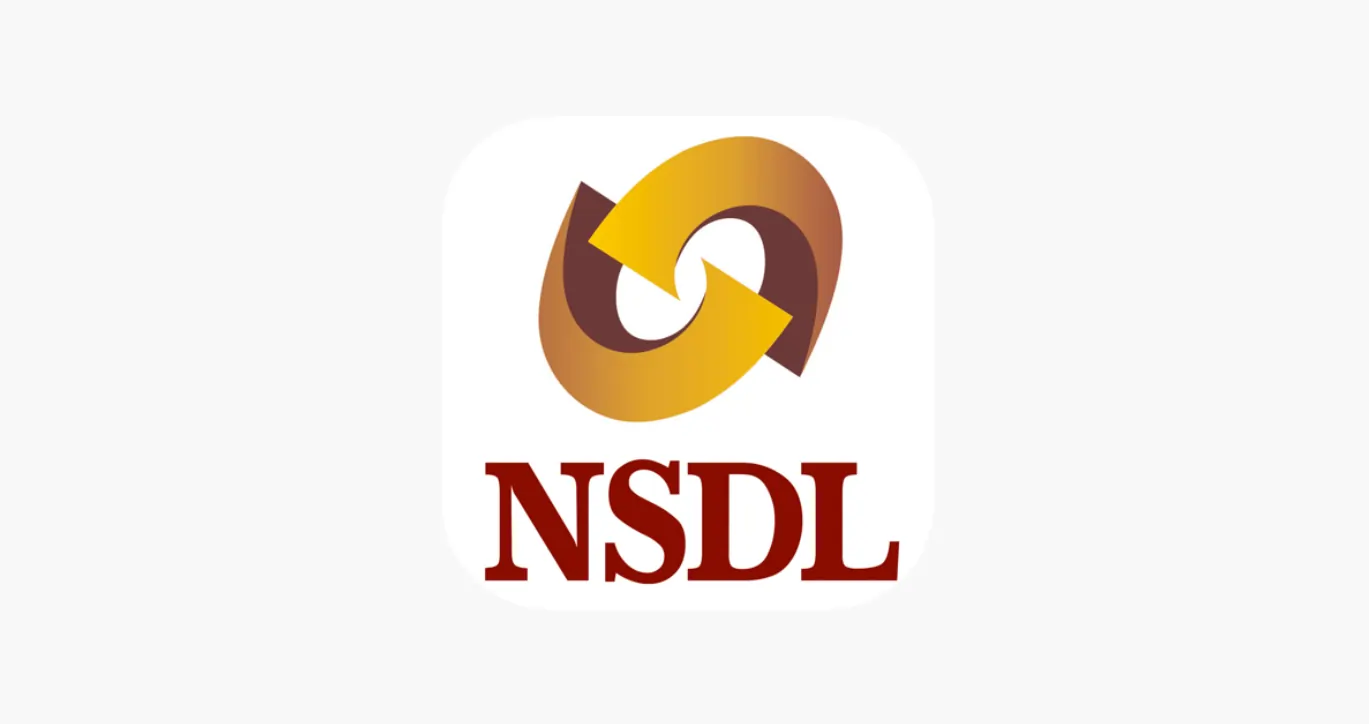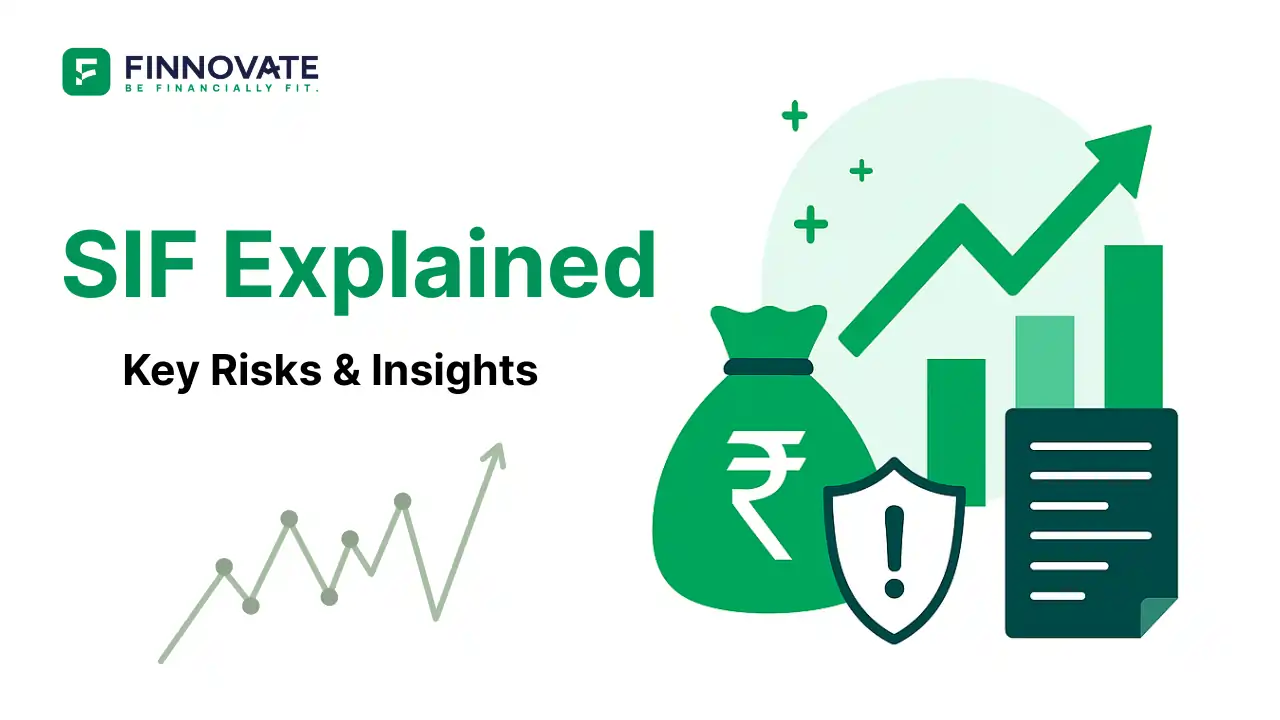
Omnitech Engineering IPO Review 2026: Business Model, Financials, GMP, Valuations, Risks & Key Facts
Omnitech Engineering IPO review 2026: issue size, price band, lot size, order book, busine...
When it comes to regulation, the Securities and Exchange Board of India (SEBI) has always taken a cautious approach especially where public money is involved. But its latest move has left many in the fund industry disappointed. SEBI has now barred mutual funds from investing in pre-IPO shares - the unlisted placements that happen before a company goes public.
The decision has sparked debate. SEBI says it’s about protecting investors. Mutual funds say it’s about limiting their opportunity. So, what’s really at stake here?
Before an Initial Public Offering (IPO), many companies privately place shares with large institutional investors such as mutual funds, FPIs, and family offices. This pre-IPO market helps companies gauge demand and set a fair price for the public issue.
Pre-IPO deals often come at a discount to the IPO price - something not allowed in anchor allocations. These placements require deep due diligence, which institutional investors are better equipped to handle. And historically, these investments have generated strong returns for mutual fund investors. In short, it’s been a valuable, if niche, playground for fund managers looking to generate alpha.
SEBI’s move, though controversial, is grounded in regulation. Under current rules, mutual funds can invest only in listed or soon-to-be-listed securities. The problem with pre-IPO shares is that there’s no fixed timeline for listing.
What if the IPO gets delayed or shelved due to market volatility? Mutual funds would then be stuck holding unlisted shares indefinitely - something their investment mandate doesn’t allow. That’s SEBI’s biggest worry. It’s not questioning fund managers’ ability, but rather the liquidity and valuation risks such investments carry.
So, from SEBI’s point of view, this isn’t about control - it’s about compliance.
Fund houses, however, see this as an unnecessary restriction. The pre-IPO market gave them an edge - early access, attractive pricing, and guaranteed allocations in high-demand companies. It’s also the stage where real price discovery happens, with institutional participation shaping valuations.
Mutual funds argue that they already have strong internal risk frameworks and governance systems to manage such exposures. They feel the ban paints all funds with the same brush. What makes it worse is that foreign investors (FPIs) and family offices can still participate in pre-IPO placements, leaving domestic funds at a disadvantage.
In essence, mutual funds believe SEBI’s decision could make them less competitive in an already crowded investment landscape.
India’s mutual fund industry operates within tight regulatory boundaries, and rightly so. But compared to global peers, Indian MFs already have fewer avenues to explore alternative or private assets. The pre-IPO market, though small, gave them one such lever to enhance returns and differentiate portfolios.
By closing that door, SEBI may be unintentionally curbing innovation. The intent is to protect investors, but the impact might be fewer options and lower alpha generation for fund investors. In other words, this could be a case where regulation overshoots risk.
There probably is. Instead of a blanket ban, SEBI could explore granular regulation - for example:
Such steps would protect investors while still giving mutual funds a fair chance to participate in India’s fast-evolving capital markets.
In the end, this isn’t about risk versus return - it’s about trust. SEBI wants to avoid pitfalls; mutual funds want freedom. Somewhere between the two lies the fair middle ground.
Disclaimer: This article is for informational and educational purposes only and not investment advice. Please consult qualified professionals before making decisions.
Popular now

Learn how to easily download your NSDL CAS Statement in PDF format with our step-by-step g...

Explore what Specialised Investment Funds (SIFs) are, their benefits, taxation, minimum in...

Learn How to Download Your CDSL CAS Statement with our step-by-step guide. Easy instructio...

Looking for the best financial freedom books? Here’s a handpicked 2026 reading list with...